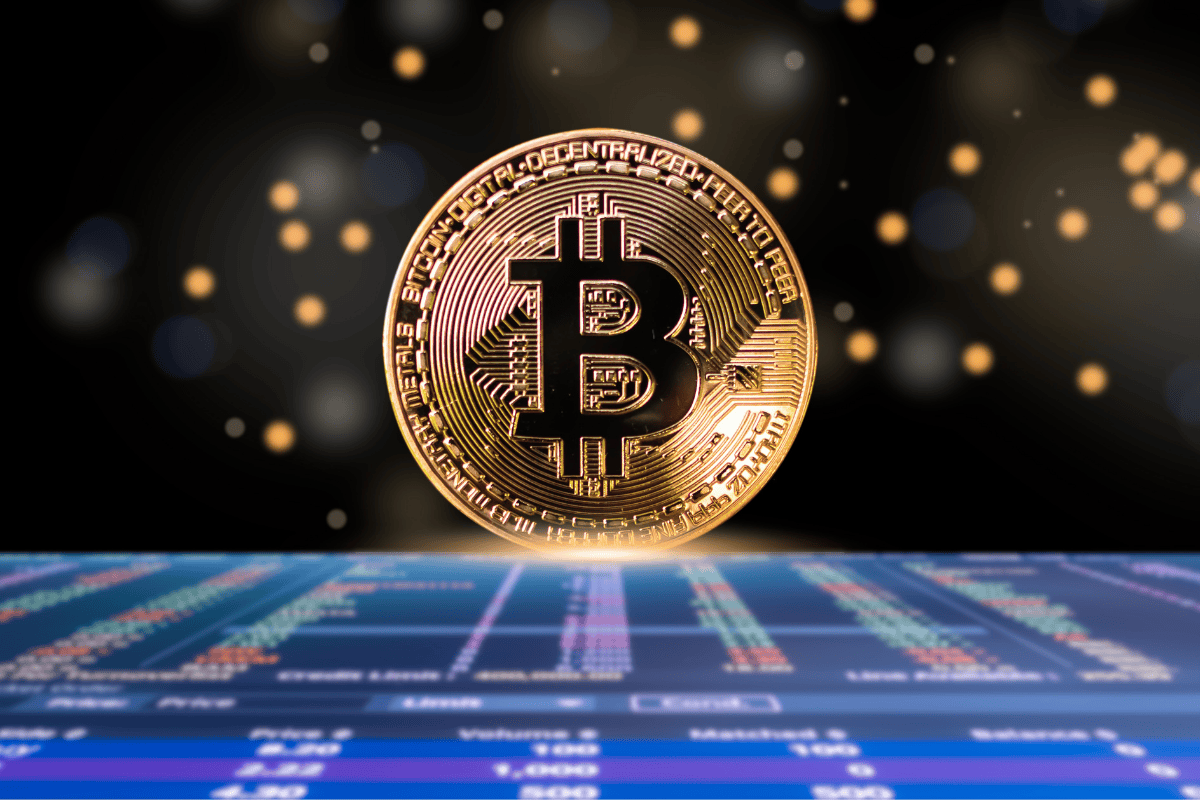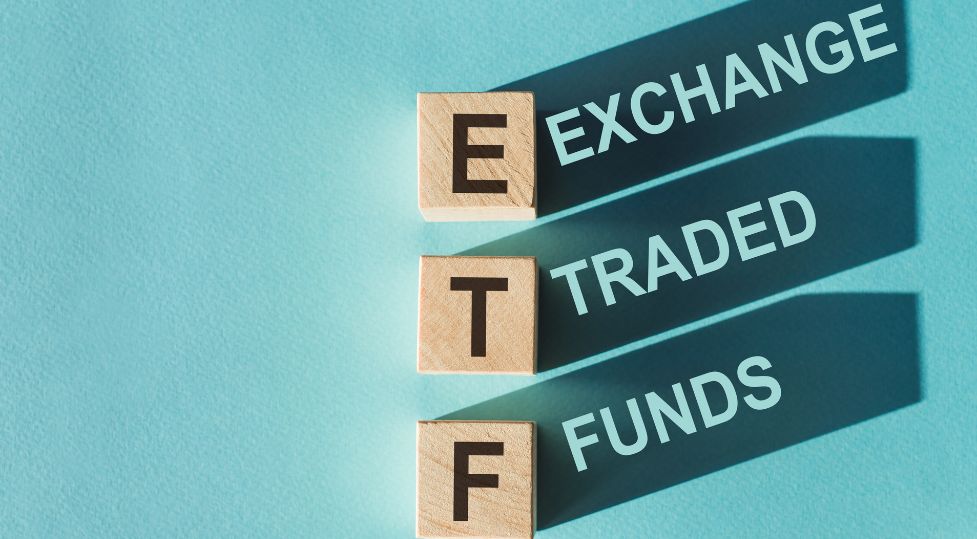In the midst of an expanding universe of new investment products, asset classes, and strategies, ETFs play a dual role in investors’ portfolios: they serve as low-cost building blocks and as a flexible entry point for exposure to more specialized areas. And their strongest advocates are Millennials.
According to the 2025 “ETFs and Beyond” study by Schwab Asset Management, Millennials continue to show outsized interest in ETFs and are the first to adopt new product categories and strategies. Compared to other generations, Millennials are more inclined to increase their ETF investments over the next year and are the most likely to consider investing their entire portfolio in exchange-traded funds. They also express the highest interest in specialized ETFs, including spot cryptocurrency ETFs (44%) and single-stock ETFs (43%).
Millennial ETF investors are also enthusiastic about the markets and their investment approach. They are the most likely to say they have the skills to outperform the market — Millennials: 69%; Generation X: 53%; Baby Boomers: 36% — and to take a tactical approach to investing — Millennials: 54%; Gen X: 44%; Boomers: 29%. Boomers tend to follow a buy-and-hold profile — Millennials: 46%; Gen X: 56%; Boomers: 71%.
“Millennials have embraced ETFs as their investment vehicle of choice to build wealth,” said David Botset, Managing Director, Head of Strategy, Innovation and Stewardship at Schwab Asset Management. He added that as more complex and specialized ETFs enter the market, “it will be important for Millennials — who often take a tactical investment approach — to think about their long-term goals and choose products that help them stay invested through market cycles.”
The Position of ETF Investors
Schwab Asset Management, in partnership with Logica Research, conducted an online survey of 2,000 retail investors aged 25 to 75 with at least $25,000 in investable assets. Of those, 1,000 had bought or sold ETFs in the past two years (ETF investors), and 1,000 had never done so or had not done so in the past two years (non-ETF investors).
The study shows that a majority of ETF investors (62%) are considering investing their entire portfolio in ETFs, and half (50%) say they could invest exclusively in ETFs within the next five years—evidence of growing affinity and confidence in these products to meet a wide range of investment needs.
At the same time, many respondents are still discovering ETFs. Most ETF investors (66%) in Schwab’s latest study began investing in ETFs within the past five years.
The results highlight that low costs and accessibility are key drivers behind the current momentum in ETF adoption. ETF investors overwhelmingly agree (94%) that these vehicles help keep portfolio costs low. Just over half (53%) describe their portfolio allocation as primarily “core” with some tactical/specialized ETFs. Roughly half strongly agree that ETFs allow them to test more specific or specialized strategies independently of their long-term portfolio (49%) or invest in asset classes they might not otherwise access (46%).
“The investment world is undergoing rapid transformation as individual investors access new asset classes, strategies, and vehicles. ETF investors are at the forefront of this evolving landscape. They are using ETFs — which now outnumber individual stocks in the U.S. — not just for low-cost core investments, but to explore the expanding universe of opportunities,” said Botset.
Core and Exploratory Portfolios
ETF investors plan to add both indexed ETFs (66%) and active ETFs (65%) to their portfolios over the next year. Many are also interested in exploring specialized product types and niche asset classes. Interest in fixed income remains a focal point, as evidenced by strong flows into bond ETFs in recent years. Some 40% of respondents plan to increase their fixed income allocations. Compared to 2024, more ETF investors now want to invest in fixed income due to expectations of a persistently high interest rate environment (48%, up from 37%).
In general, ETF investors expect to fund new investments by selling mutual funds, individual stocks and bonds, and allocating new money (e.g., fresh cash or uninvested contributions).
Rising Interest in ETFs
Enthusiasm for ETFs remains high: a majority (61%) increased their ETF allocations in 2025, and three-quarters (75%) of respondents said they are likely to purchase an ETF in the next two years. ETF investors also express confidence in the vehicle, with many planning to increase their ETF investments in response to expected economic and market trends.
New ETF Investors
New ETF investors (those who began investing in ETFs within the last five years) are typically eager to invest more. They also tend to be younger: 49% of new ETF investors are Millennials, compared to 34% among more experienced ETF investors. Despite being relatively new to the category, they have already allocated a similar portion of their portfolios to ETFs as their more experienced counterparts.
Meanwhile, interest among non-ETF investors remains strong: about half (48%) say they are likely to consider purchasing ETFs within the next two years.
“ETFs are no longer new, but there’s still a long way to go in terms of awareness and adoption,” said Botset. “More and more investors are discovering the potential advantages of ETFs, including low fees, tax efficiency, and tradability — and we believe this is driving record growth and ongoing product innovation in the category.”
How Investors Choose ETFs
Total cost remains the most important factor for investors when selecting ETFs (59%), followed closely by the provider’s reputation (55%), historical performance (53%), portfolio manager track record (53%), and the ETF’s ability to track its index (52%).
Investor preference for indexed or actively managed ETFs depends on the asset class. When deciding between buying an active or indexed ETF, investors say they would consider an active ETF if it has the potential to outperform a traditional indexed ETF (63%) or to access alternative strategies or asset classes not typically available through indexed ETFs (51%).
“ETF investors have become more sophisticated in how they evaluate products, considering many factors — but cost remains paramount,” commented Botset, noting that while investors understand the long-term impact of keeping costs low, “they’re also interested in specialized strategies and novel asset classes, all while keeping portfolio costs down.”



